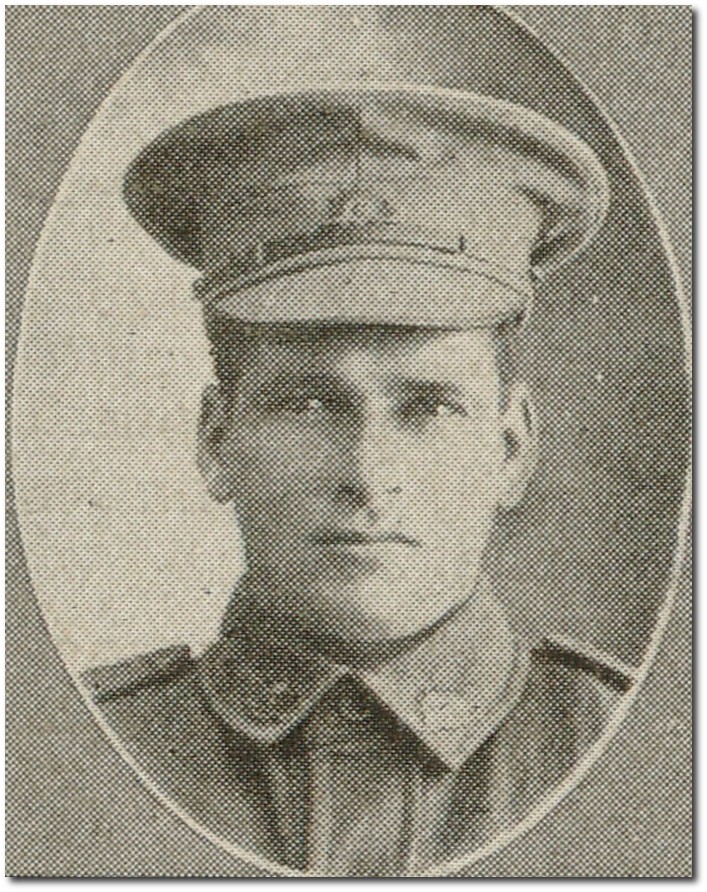
Thomas Dodd, 26th Infantry Battalion. The Queenslander Pictorial, 7 October 1917
Indigenous Australian, Thomas Dodd, 26th Infantry Battalion
Thomas (Tommy) Dodd was born at Redcliffe Station, near Banana, Queensland to Sarah Dodd in 1892, his father was known as Tiger. At the age of 14, Tommy and his two younger siblings Daisy and Polly were removed from their mother's care and placed at the Deebing Creek Industrial School, although their sentence was shortly after remitted.
In 1916 Dodd, a stockman, enlisted at Rockhampton to serve with the first AIF. He trained at Enoggera Barracks, Brisbane before departing with the 16th Reinforcements for the 26th Infantry Battalion, October 1916. They arrived in England in January 1917 and soon joined their comrades in the field in Belgium where the 26th Battalion were occupying positions opposite the Hindenburg Line.
While the battalion was at the front line at Ypres in October 1917, Dodd was wounded in the neck and face and evacuated to hospital for treatment. He returned to his unit, but he was again wounded in August 1918, this time by a gun shot wound to his right hand and was sent to England for treatment. Dodd was hospitalised twice more, and was considered no longer fit for active service and repatriated to Australia not long after the armistice.
Dodd returned to his work as a stockman in the Rockhampton area, his mother Sarah and sister Daisy resided in the same town.
Undeterred by his previous experience Dodd enlisted and served during the Second World War, with the Garrison Battalion, at Sarina. He wrote to Base Records in 1940 requesting a duplicate discharge certificate, which was supplied, along with his WW1 service medals, which he had not previously received. He died in January 1961 and is buried at Norman Gardens, Rockhampton.
Read more ...
- Service record: DODD, Thomas
- Embarkation roll: 16th Reinf. 26th Infantry Battalion
- Morning Bulletin, 11 January 1904, p6
- Annual report of the Chief Protector of Aboriginals for 1904
- Eidsvold Police Letterbooks 1935-56
- Scarlett, Philippa. Aboriginal and Torres Strait Islander volunteers for the AIF: the Indigenous response to World War One. Fourth edition, Indigenous Histories, Macquarie, ACT, 2018
- One of the soldiers featured in SLQ’s HistoryPin Collection
- Queensland’s Indigenous Servicemen Digital Story and Oral History
The information in this blog post has been researched by State Library staff and volunteers, it is based on available information at this time. If you have more information that you would like to share or further research uncovers new findings, this post will be updated.
Comments
Your email address will not be published.
We welcome relevant, respectful comments.